| Aspect | Description |
|---|---|
| Parasha Number | The 4th Parasha in the Book of Leviticus (Vayikra). |
| Parasha Name | Tazria (תַזְרִיעַ), translating to “She conceives” in Hebrew, referencing the childbirth and purification rituals outlined in the parasha. |
| Torah Book | Leviticus (Vayikra). |
| Number of Verses | Comprises 59 verses. |
| Number of Words | Approximately 1,038 words in the Hebrew text. |
| Primary Characters | Key figures include Moses, Aaron, and the priests, with God communicating instructions regarding childbirth, leprosy, and purification rituals. |
| Key Themes | Focuses on laws concerning childbirth, the purification process after childbirth, and the diagnosis and treatment of skin diseases like leprosy. |
| Significant Events | Describes the regulations for childbirth, the offerings required for purification after childbirth, and the procedures for diagnosing and isolating individuals with skin diseases. |
| Notable Quotes | “When a woman conceives and bears a male child, she shall be unclean seven days…'” |
| Legacy | Parashat Tazria contributes to the understanding of ritual purity and communal responsibility in Jewish tradition, highlighting the importance of following prescribed rituals for spiritual well-being. |
| Relevance Today | The themes of ritual purity, communal responsibility, and adherence to prescribed rituals remain relevant in contemporary Jewish practice, guiding individuals in matters of personal and communal holiness. |
| Well-Known Stories | Include the laws of childbirth, purification rituals after childbirth, and the diagnosis and treatment of skin diseases. |
| Special Observances | Integral to synagogue services, prompting reflection on ritual purity, communal responsibility, and the significance of adhering to prescribed rituals for spiritual well-being. |
| Connections to Texts | Tazria builds upon preceding narratives in Leviticus, particularly regarding ritual purity and communal regulations, setting guidelines for maintaining spiritual and physical health within the community. |
| Theological Significance | Highlights the importance of ritual purity, communal responsibility, and adherence to prescribed rituals for fostering spiritual well-being and maintaining holiness within the community. |
Parashat Tazria, the 4th portion in the Book of Leviticus (Vayikra), delves into intricate laws surrounding childbirth, purification rituals, and the diagnosis and treatment of skin diseases. It begins by outlining the process of purification for a woman after childbirth, emphasizing the concepts of ritual purity and communal responsibility within the Israelite community.
The parasha continues with detailed instructions for identifying and isolating individuals with skin diseases, particularly leprosy, to prevent its spread and ensure the health of the community. Through these regulations, Tazria underscores the importance of maintaining physical and spiritual cleanliness, reflecting broader themes of holiness and purity in worship.
Central to Tazria is the notion of adhering to prescribed rituals for spiritual well-being. By following the procedures outlined in the Torah, individuals demonstrate their commitment to God and their community, fostering a sense of communal unity and reverence for the divine.
Furthermore, Tazria emphasizes the role of Moses as the mediator between God and the people, conveying divine commandments and instructions for proper observance. This highlights the importance of authoritative leadership and adherence to religious authority within the Israelite society.
As one of the early portions in Leviticus, Parashat Tazria sets the tone for Israelite ritual practices and ethical conduct. Its teachings continue to resonate in contemporary Jewish life, reminding believers of the significance of ritual purity, communal responsibility, and adherence to divine commandments for spiritual well-being and communal harmony.
תזריע
י״ב:א׳-י״ג:נ״ט
Tazria
Leviticus 12:1-13:59
מלכים ב
ד׳:מ״ב-ה׳:י״ט
II Kings
4:42-5:19
He set out, taking with him ten talents of silver, six thousand shekels of gold, and ten changes of clothing.
Tazria
more on Parashat Tazria
Quick Guide: The Five Books of Moses
| Genesis | Exodus | Leviticus | Numbers | Deuteronomy |
|---|---|---|---|---|
| Bereshit (1:1-6:8) |
Shemot (1:1-6:1) |
Vayikra (1:1-5:26) |
Bemidbar (1:1-4:20) |
Devarim (1:1-3:22) |
| Noach (6:9-11:32) |
Va'era (6:2-9:35) |
Tzav (6:1-8:36) |
Naso (4:21-7:89) |
Va'etchanan (3:23-7:11) |
| Lech Lecha (12:1-17:27) |
Bo (10:1-13:16) |
Shemini (9:1-11:47) |
Behaalotecha (8:1-12:16) |
Ekev (7:12-11:25) |
| Vayera (18:1-22:24) |
Beshalach (13:17-17:16) |
Tazria (12:1-13:59) |
Shelach (13:1-15:41) |
Re'eh (11:26-16:17) |
| Chaye Sarah (23:1-25:18) |
Yitro (18:1-20:23) |
Metzora (14:1-15:33) |
Korach (16:1-18:32) |
Shoftim (16:18-21:9) |
| Toledot (25:19-28:9) |
Mishpatim (21:1-24:18) |
Achare Mot (16:1-18:30) |
Chukat (19:1-22:1) |
Ki Tetze (21:10-25:19) |
| Vayetze (28:10-32:3) |
Terumah (25:1-27:19) |
Kedoshim (19:1-20:27) |
Balak (22:2-25:9) |
Ki Tavo (26:1-29:8) |
| Vayishlach (32:4-36:43) |
Tetzaveh (27:20-30:10) |
Emor (21:1-24:23) |
Pinchas (25:10-30:1) |
Nitzavim (29:9-30:20) |
| Vayeshev (37:1-40:23) |
Ki Tisa (30:11-34:35) |
Behar (25:1-26:2) |
Matot (30:2-32:42) |
Vayelech (31:1-30) |
| Miketz (41:1-44:17) | Vayakhel (35:1-38:20) |
Bechukotai (26:3-27:34) |
Masei (33:1-36:13) |
Haazinu (32:1-52) |
| Vayigash (44:18-47:27) |
Pekude (38:21-40:38) |
V'Zot HaBeracha (33:1-34:12) |
||
| Vayechi (47:28-50:26) |

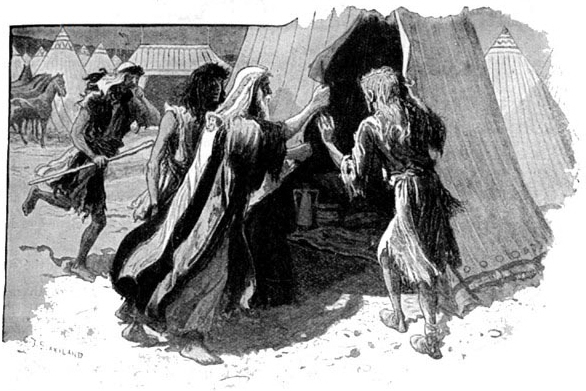

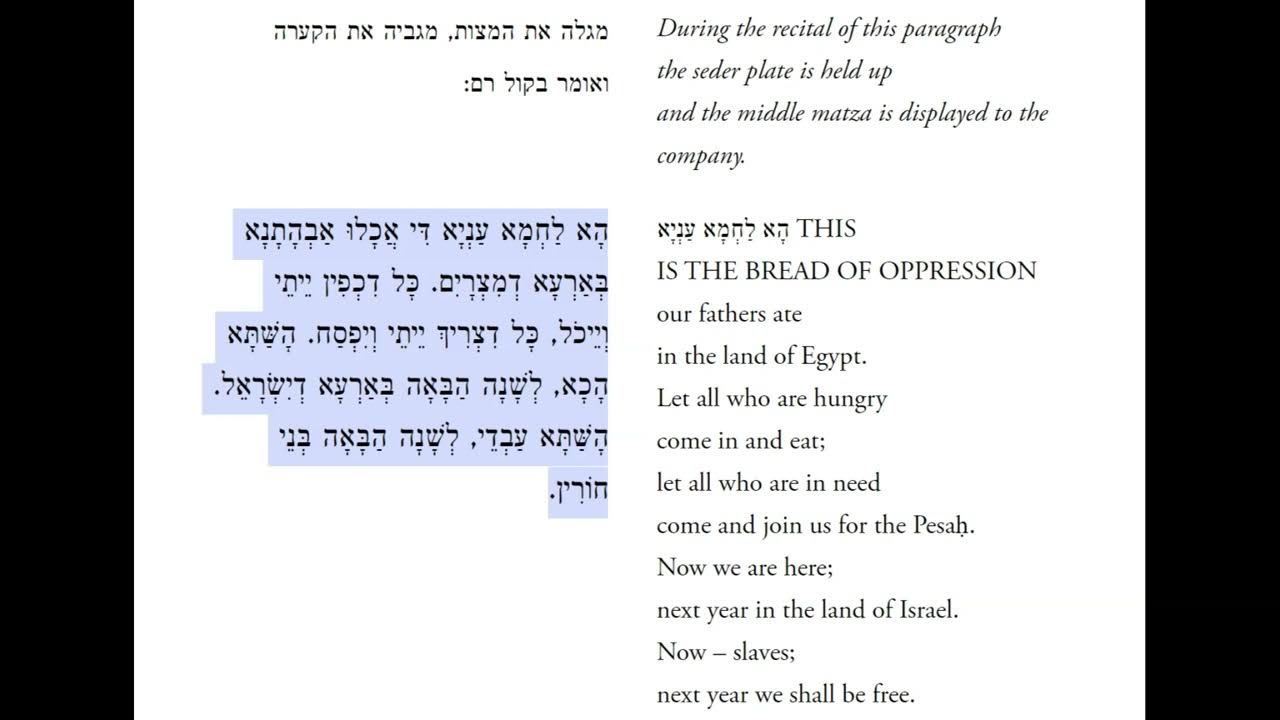
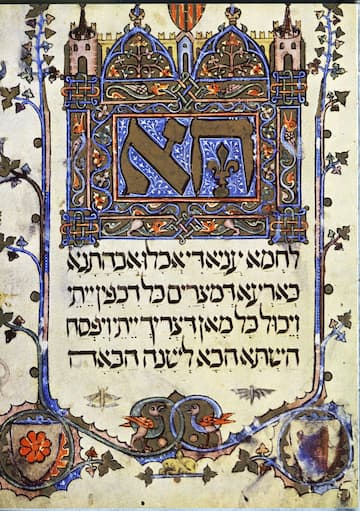
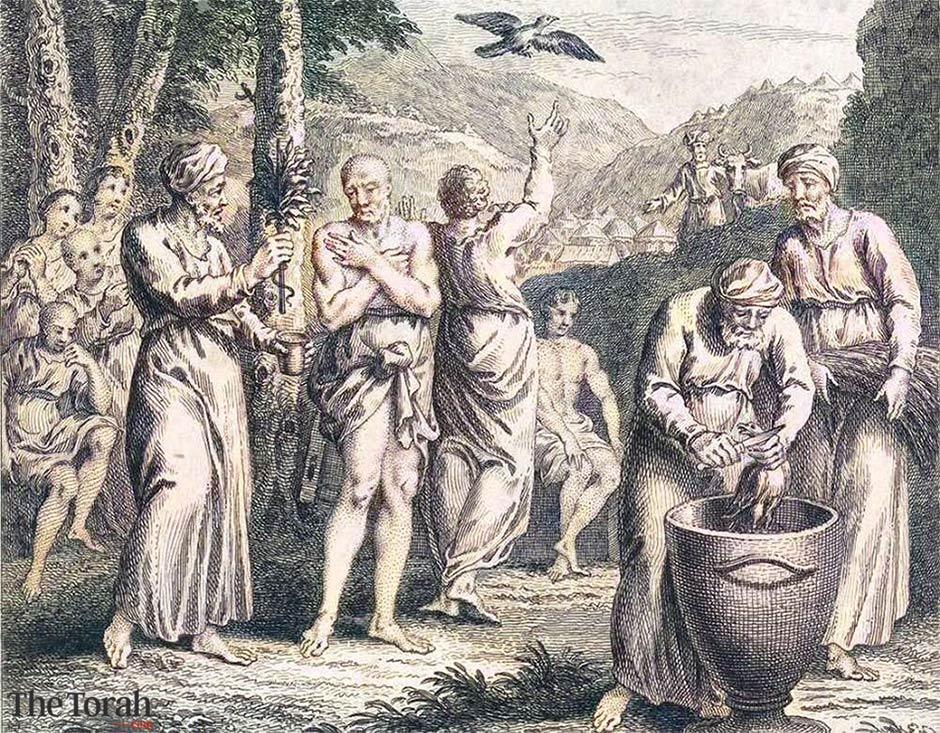
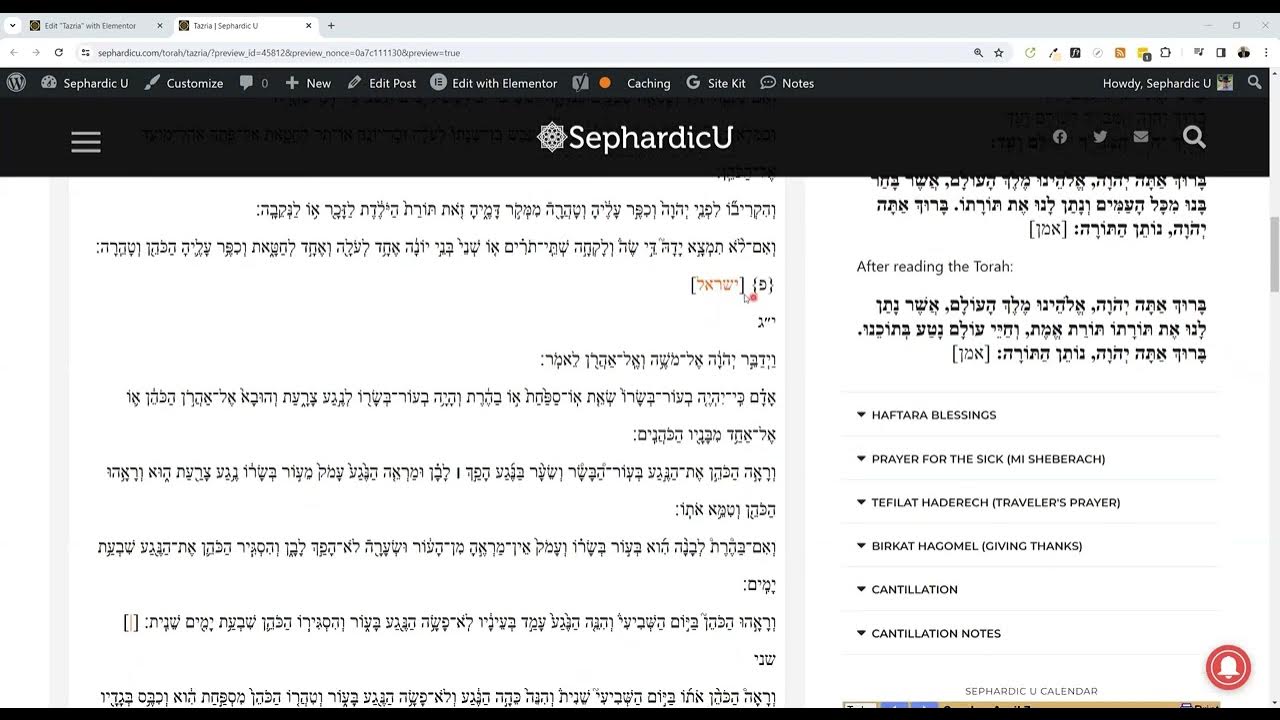





Parashat Aharei Mot Weekday reading Moroccan te’amim